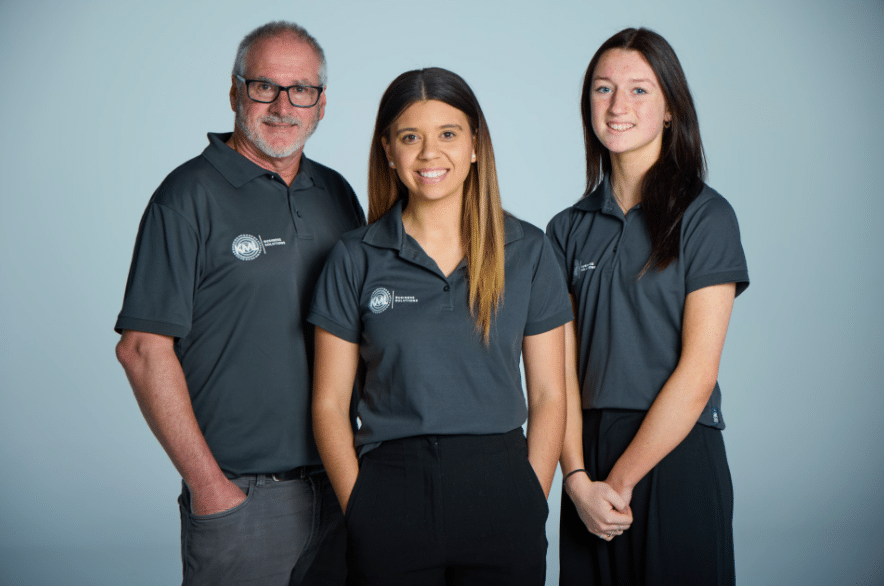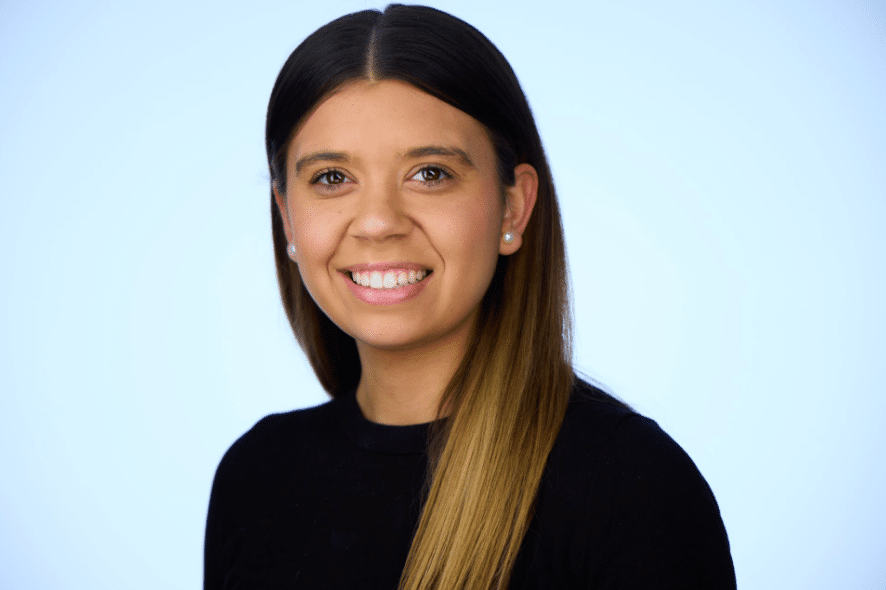If the cliché “you can’t be what you can’t see” holds true, it’s no wonder Aboriginal female school leavers rarely consider accounting a viable career option.
Most people are pretty surprised when I tell them I’m one of a handful of female Aboriginal accountants in Australia.
Representation remains astonishingly low, with less than ten individuals currently known to Chartered Accountants Australia.
I am personally aware of two other Aboriginal female accountants. Two, that’s it.
This issue is bigger than simply representation in accounting.
We have seen the proliferation of Aboriginal-owned businesses in recent years. These businesses do not lack talent, vision, or drive, but there is no doubt that the lack of Aboriginal professionals–let alone female ones–in accounting is a major barrier for the growth of these businesses.
The first step towards change is acknowledging the problem. We must shine a light on the lack of Aboriginal women accountants. But recognising the problem is only the beginning; we need tangible action.
Here are a few ideas to get us started.

Where is the pipeline?
Firms and organisations have targeted recruitment and retention strategies, in a bid to attract more diversity to their organisations– which is commendable. But if Indigenous students, especially women, aren’t choosing to study accounting, or even realise it’s an option for them in the first place, then something needs to be done much earlier in the process.
It starts with school-aged children. We need more role models – teachers, parents, Indigenous leaders – showing that this is a viable career option. Only then can we increase the number of Aboriginal girls studying accounting and business at the university level and continue these numbers into professional roles.
Just last week, I made my first contribution towards a potential solution and achieved a little dream of mine in the process. My business partner and I employed Addison, a 15-year-old Iwaidja woman, via a school-based traineeship.
Addison is one of the most intelligent and eager young people I have ever come across. At just 15, she had been helping family friends with their bookkeeping (all while managing school, sports and a part-time job) and when she saw we were advertising for an admin role, she applied! We knew we had to give her a chance.
It’ll take more than one young person, but I’m confident we can be part of the solution.
If you can’t be what you can’t see, then let’s show them what’s possible
When my sisters were younger, they often said, “We want to be accountants!”. They didn’t quite grasp what it meant, but they were drawn to the idea of working with numbers, just like their older sister—me.
I’m pretty sure there’s next to no chance my sisters would have ever contemplated a career in accounting if they hadn’t seen me pursue it. My career sparked a sense of possibility within them.
The same could be said for many young Aboriginal girls out there. We need to show them what’s possible and make sure they understand that accounting can be an incredibly rewarding and meaningful career path for Aboriginal women.
It’s no longer about blokes in suits crunching numbers—it’s about helping businesses and people grow. It’s collaborating with businesses like Nood Australia, a proud majority-owned Aboriginal company that supplies personal care and cleaning products made using the same native Australian botanicals Aboriginal people have been using for thousands of years.
Increasing the visibility of Aboriginal women in the accounting world through a series of workshops in schools, media interviews, and opportunities for storytelling and public speaking engagements would go a long way towards inspiring the next generation of Aboriginal women to pursue accounting—and demonstrate that it is a rewarding and even fun career.
Address the elephant in the room
Aboriginal women are some of the most resilient people on the planet, but unless we foster a more inclusive and culturally sensitive work environment, they will avoid industries and career paths traditionally dominated by men.
The current culture of burnout and the method of ‘scoring’ staff at Big 4 accounting firms in Australia, also has a lot to answer for. Each year, many people from all walks of life leave the accounting industry. I’m proof that accounting is a great and viable career path– but organisations need to be respectful of all staff, and challenge old-fashioned and out-of-touch stereotypes to be truly inclusive. This includes acknowledging that Aboriginal women face unique challenges, barriers and discrimination.
Flexibility, particularly for women with families, is also key. This means not only offering flexible hours, but also rewiring the way managers view flexible working.
Fake flexibility, where you make a role part-time, but still expect employees to be always available, won’t cut it.
As a business owner, there have been plenty of occasions when I have had to take my one-year-old Rauri to work with me; however, not all organisations would be this accommodating.
Opportunities for Aboriginal women in accounting are so much more than just a ‘nice to have’
More work also needs to be done by organisations to value diversity truly and actively support the advancement of Aboriginal women in accounting. Some of the ways that this is already happening is through financial support and scholarships for Aboriginal women studying accounting, which helps to reduce the financial barriers that would otherwise deter promising candidates from pursuing a career in the field. I’ve been fortunate to win a scholarship from Chartered Accounting Australia to complete my Chartered Accounting, or CA, qualification. But there’s still a long way to go.
Mentorship and practical experience is key
If we want young people to transition from study to practice, we must change how we do things. Mentoring and practical experiences can go a long way in helping Indigenous students understand the accounting profession from an insider’s perspective. This means connecting professionals like myself with those who are interested in the accounting industry and giving them access to our networks.
More role models and mentors are desperately needed to inspire and guide those considering a career in accounting. Being the only Aboriginal person in a firm or organisation can be incredibly isolating. Having somebody else who has been through it before can make all the difference when it comes to feeling supported and valued as an Indigenous person.
The accounting industry is ready for change, and I’m excited to be part of that change. The potential for Aboriginal women in the industry is massive, and we must ensure that they are given every opportunity to succeed. We all have a role to play in creating an inclusive environment, one which values diversity and rewards excellence from all backgrounds.
Collaboration with educational institutions, industry associations, and Aboriginal communities to develop tailored initiatives and programs is how we promote the visibility and impact of female Aboriginal accountants.
It is also how we can work together to advocate for policy changes that address Aboriginal women’s barriers and discrimination in accessing employment opportunities – and further propel career progression within the accounting sector.
Let’s do this. Who’s with me?
You can connect with me here.


